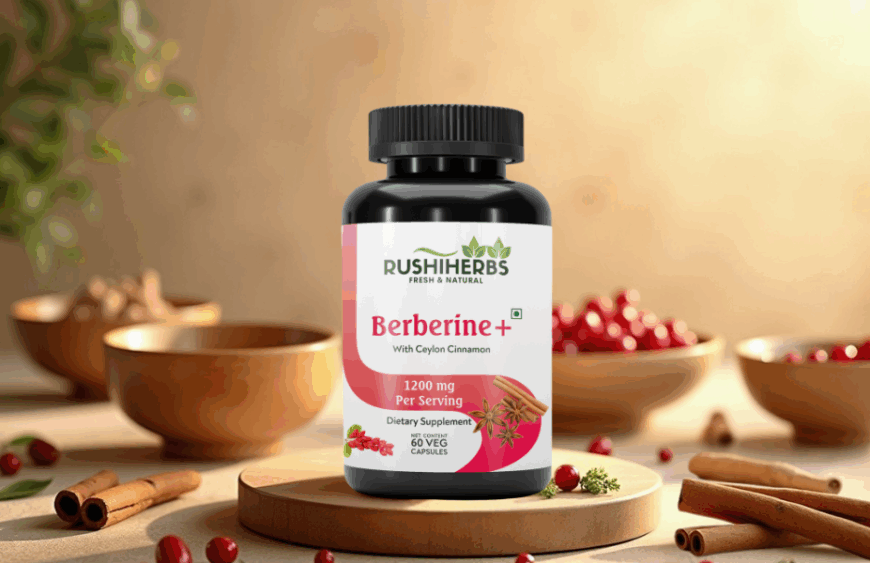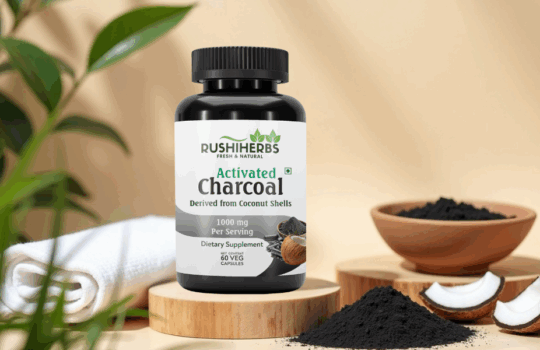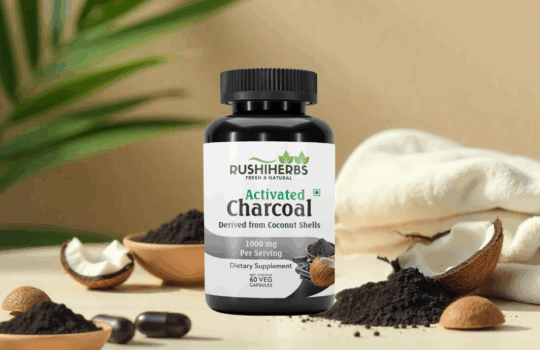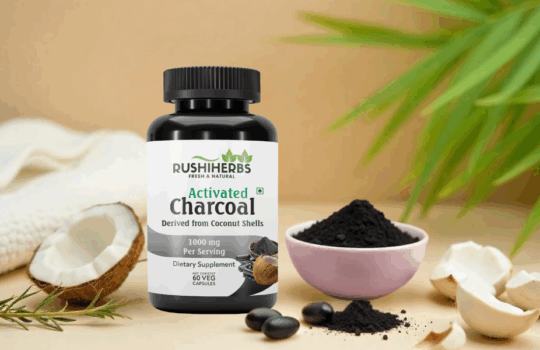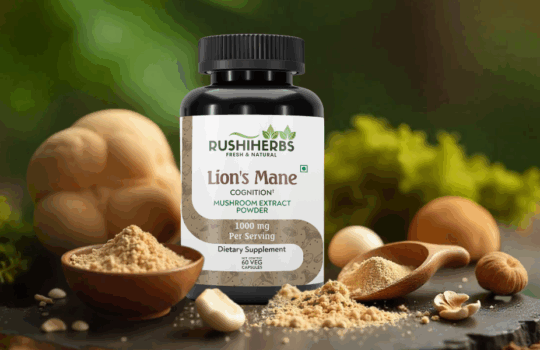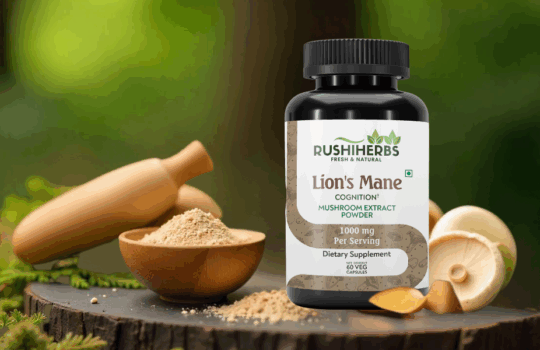Cardiovascular health is crucial for overall well-being and longevity. Heart disease remains a leading cause of death worldwide, making heart care a top priority for many. Natural supplements like Berberine and Ceylon Cinnamon have gained significant attention for their impressive cardiovascular benefits. This article explores how these two powerful ingredients support heart health by reducing LDL cholesterol, triglycerides, and blood pressure, while combating oxidative stress and promoting arterial health.
Understanding Cardiovascular Health and Common Risks
Before diving into the benefits of Berberine and Cinnamon, it’s essential to understand the main risk factors that contribute to cardiovascular disease (CVD). These include:
- High LDL cholesterol (“bad cholesterol”)
- Elevated triglyceride levels
- High blood pressure (hypertension)
- Chronic inflammation and oxidative stress
- Insulin resistance and metabolic syndrome
- Poor diet, sedentary lifestyle, smoking, and obesity
Managing these risk factors effectively can significantly reduce the chances of heart attacks, stroke, and other cardiovascular events.
What is Berberine?
Berberine is a natural bioactive compound extracted from several plants, including Berberis aristata, Goldenseal, and Barberry. For centuries, it has been used in traditional Chinese and Ayurvedic medicine for various ailments.
Modern scientific research has validated Berberine’s impressive health benefits, especially in regulating blood sugar, cholesterol, and blood pressure — all critical for heart health.
What is Ceylon Cinnamon?
Ceylon Cinnamon, often called “true cinnamon,” is derived from the inner bark of the Cinnamomum verum tree native to Sri Lanka. Compared to the more common Cassia cinnamon, Ceylon cinnamon contains lower levels of coumarin, a compound that can be harmful in large amounts.
Ceylon cinnamon is prized for its antioxidant properties and its ability to improve metabolic health, making it a valuable ingredient in cardiovascular support.
How Berberine Supports Cardiovascular Health
1. Lowers LDL Cholesterol and Triglycerides
Elevated levels of LDL cholesterol and triglycerides contribute to plaque buildup in arteries, increasing the risk of atherosclerosis and heart disease.
Berberine helps reduce LDL cholesterol by enhancing the liver’s ability to remove LDL from the bloodstream. It activates LDL receptors in the liver, promoting clearance of LDL particles.
Additionally, studies have shown that Berberine can significantly lower triglyceride levels by reducing fat synthesis in the liver and promoting fat metabolism.
Clinical Evidence:
- A 2015 meta-analysis of 27 randomized controlled trials showed Berberine supplementation reduced LDL cholesterol by an average of 0.65 mmol/L and triglycerides by 0.45 mmol/L.
- Berberine’s cholesterol-lowering effect is comparable to some statin medications but with fewer side effects.
2. Regulates Blood Pressure
High blood pressure strains the heart and arteries, increasing cardiovascular risk. Berberine has vasodilatory properties, meaning it helps relax and widen blood vessels, which reduces blood pressure.
Mechanisms include:
- Inhibition of angiotensin-converting enzyme (ACE), similar to some blood pressure medications
- Improved endothelial function, supporting vessel flexibility
- Reduction in oxidative stress, which can stiffen arteries
Clinical Evidence:
- A 2012 clinical trial demonstrated Berberine supplementation reduced systolic blood pressure by an average of 8 mmHg and diastolic pressure by 5 mmHg.
3. Improves Insulin Sensitivity and Reduces Inflammation
Insulin resistance contributes to metabolic syndrome, a cluster of conditions that raise heart disease risk. Berberine activates AMP-activated protein kinase (AMPK), a key regulator of metabolism, improving insulin sensitivity and glucose metabolism.
Berberine also has anti-inflammatory effects, reducing markers like C-reactive protein (CRP) and tumor necrosis factor-alpha (TNF-α), which are linked to heart disease progression.
How Ceylon Cinnamon Supports Heart Health
1. Helps Lower Cholesterol and Improve Lipid Profiles
Ceylon Cinnamon contains bioactive compounds like cinnamaldehyde and polyphenols that help reduce total cholesterol, LDL cholesterol, and triglycerides.
Studies have demonstrated that cinnamon supplementation can improve lipid profiles by enhancing liver function and promoting cholesterol breakdown.
Clinical Evidence:
- A 2013 study showed that taking 120 mg/day of cinnamon extract reduced LDL cholesterol and triglycerides in people with type 2 diabetes.
- Another 2020 meta-analysis confirmed cinnamon’s lipid-lowering effects across multiple trials.
2. Aids Blood Pressure Management
Cinnamon has mild vasodilatory effects that help lower blood pressure by relaxing the smooth muscle lining of blood vessels.
Its antioxidant properties help protect the arteries from damage caused by free radicals, reducing arterial stiffness.
Clinical Evidence:
- A clinical study published in Nutrition Journal (2012) showed that cinnamon supplementation led to a significant reduction in both systolic and diastolic blood pressure in patients with prediabetes.
3. Combats Oxidative Stress and Inflammation
Oxidative stress damages blood vessels and accelerates heart disease. Ceylon Cinnamon’s high antioxidant content neutralizes harmful free radicals, protecting cardiovascular tissues.
Its anti-inflammatory effects further support heart health by reducing chronic inflammation linked to atherosclerosis.
The Synergistic Effect: Berberine + Ceylon Cinnamon
While both Berberine and Ceylon Cinnamon have individual cardiovascular benefits, combined supplementation may provide enhanced results.
Together, they:
- Improve lipid metabolism and lower harmful cholesterol more effectively
- Support healthy blood pressure through complementary vasodilatory actions
- Reduce oxidative stress and inflammation synergistically
- Help balance blood sugar and insulin sensitivity, which indirectly supports heart health
This synergy makes Rushi Herbs Berberine+ with Ceylon Cinnamon a potent natural supplement for cardiovascular support.
How to Use Berberine and Cinnamon Safely
Dosage Recommendations
- Berberine: Typical doses range from 500 mg to 1500 mg daily, often divided into 2–3 doses.
- Ceylon Cinnamon: Common doses vary but 120 mg to 500 mg daily of cinnamon extract is effective and safe.
Precautions
- Berberine can interact with some medications, including blood thinners and diabetes drugs. Consult a healthcare provider before use.
- Cinnamon supplements should be from Ceylon cinnamon to avoid excess coumarin found in Cassia cinnamon.
- Pregnant or breastfeeding women should consult a doctor before supplementation.
Lifestyle Tips to Boost Cardiovascular Health
Supplements work best alongside healthy lifestyle changes:
- Maintain a balanced diet rich in fruits, vegetables, whole grains, and healthy fats
- Exercise regularly—aim for at least 150 minutes of moderate activity weekly
- Avoid smoking and limit alcohol intake
- Manage stress through mindfulness, yoga, or meditation
- Monitor blood pressure and cholesterol levels regularly
Why Choose Rushi Herbs Berberine+ with Ceylon Cinnamon?
Rushi Herbs combines clinically effective doses of Berberine with pure Ceylon Cinnamon extract in a vegan-friendly capsule, ensuring purity and quality.
Key benefits:
- Supports healthy cholesterol and triglyceride levels
- Helps maintain balanced blood sugar and insulin levels
- Promotes healthy blood pressure and artery function
- Antioxidant-rich formula fights oxidative stress
Backed by science and formulated with care, this supplement supports your journey to a stronger heart naturally.
Conclusion
Supporting cardiovascular health is a lifelong commitment that benefits from a holistic approach. Incorporating natural supplements like Berberine and Ceylon Cinnamon can effectively reduce LDL cholesterol, triglycerides, and blood pressure while protecting your arteries from oxidative damage.
Rushi Herbs Berberine+ with Ceylon Cinnamon offers a scientifically supported, natural formula to help you maintain a strong, healthy heart — empowering you to live a longer, healthier life.
Don’t Have Stronger Heart ?
Try Rushi herbs Berberine+ With Ceylon Cinnamon – 1200 mg
Frequently Asked Questions (FAQs)
Q1: What is Berberine, and how does it benefit heart health?
A: Berberine is a natural compound extracted from plants like Berberis and Goldenseal. It helps lower LDL cholesterol, triglycerides, and blood pressure, which are key factors in maintaining cardiovascular health.
Q2: How does Ceylon Cinnamon support cardiovascular health?
A: Ceylon Cinnamon contains antioxidants and bioactive compounds that help reduce cholesterol levels, improve blood vessel function, lower blood pressure, and combat oxidative stress, promoting overall heart health.
Q3: Can Berberine and Ceylon Cinnamon help manage high blood pressure?
A: Yes. Both Berberine and Ceylon Cinnamon have vasodilatory and anti-inflammatory effects that help relax blood vessels and reduce blood pressure naturally.
Q4: Is it safe to take Berberine and Cinnamon supplements together?
A: Generally, yes. When taken in appropriate doses, they complement each other well. However, consult a healthcare professional if you are on medications or have underlying health conditions.
Q5: How long does it take to see the cardiovascular benefits from these supplements?
A: Most users may start noticing improvements in cholesterol, triglycerides, and blood pressure within 4 to 8 weeks of consistent supplementation.
Q6: Can Berberine replace prescription medications for heart conditions?
A: Berberine shows promising effects but should not replace prescribed medications without consulting a doctor. It can be used as a complementary natural support.
Q7: Are there any side effects of taking Berberine and Ceylon Cinnamon?
A: Side effects are rare but may include digestive discomfort or allergic reactions. Always follow recommended dosages and consult a healthcare provider before starting any new supplement.
Q8: Is Ceylon Cinnamon better than Cassia cinnamon for heart health?
A: Yes. Ceylon Cinnamon contains lower levels of coumarin, which can be harmful in large amounts, making it a safer choice for long-term supplementation.

